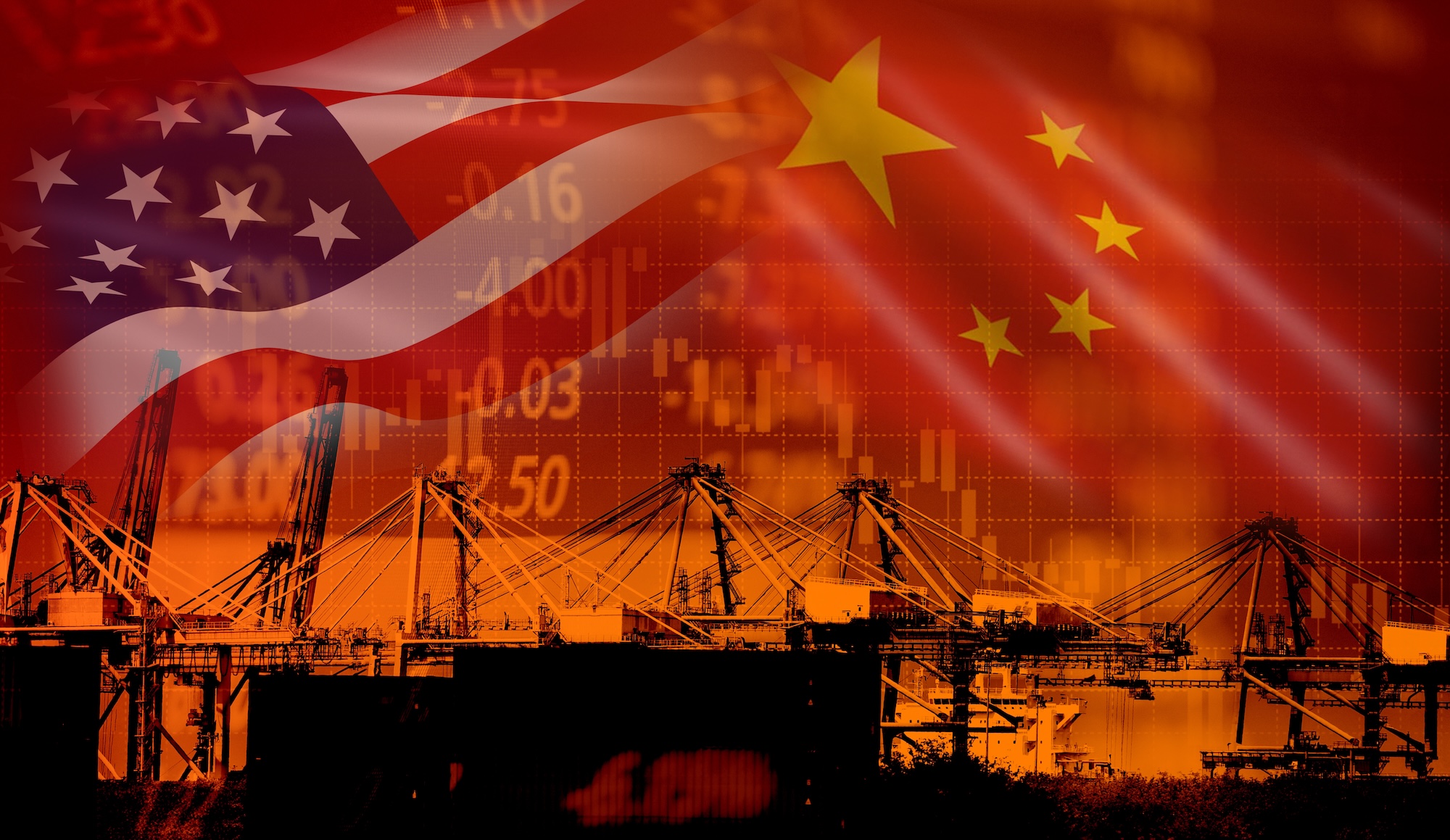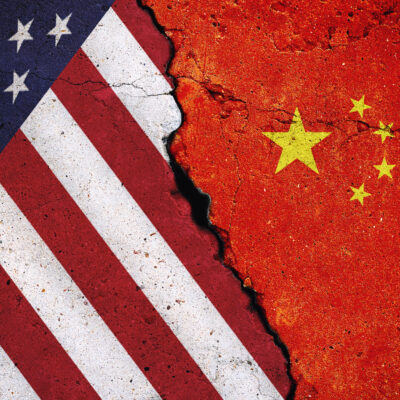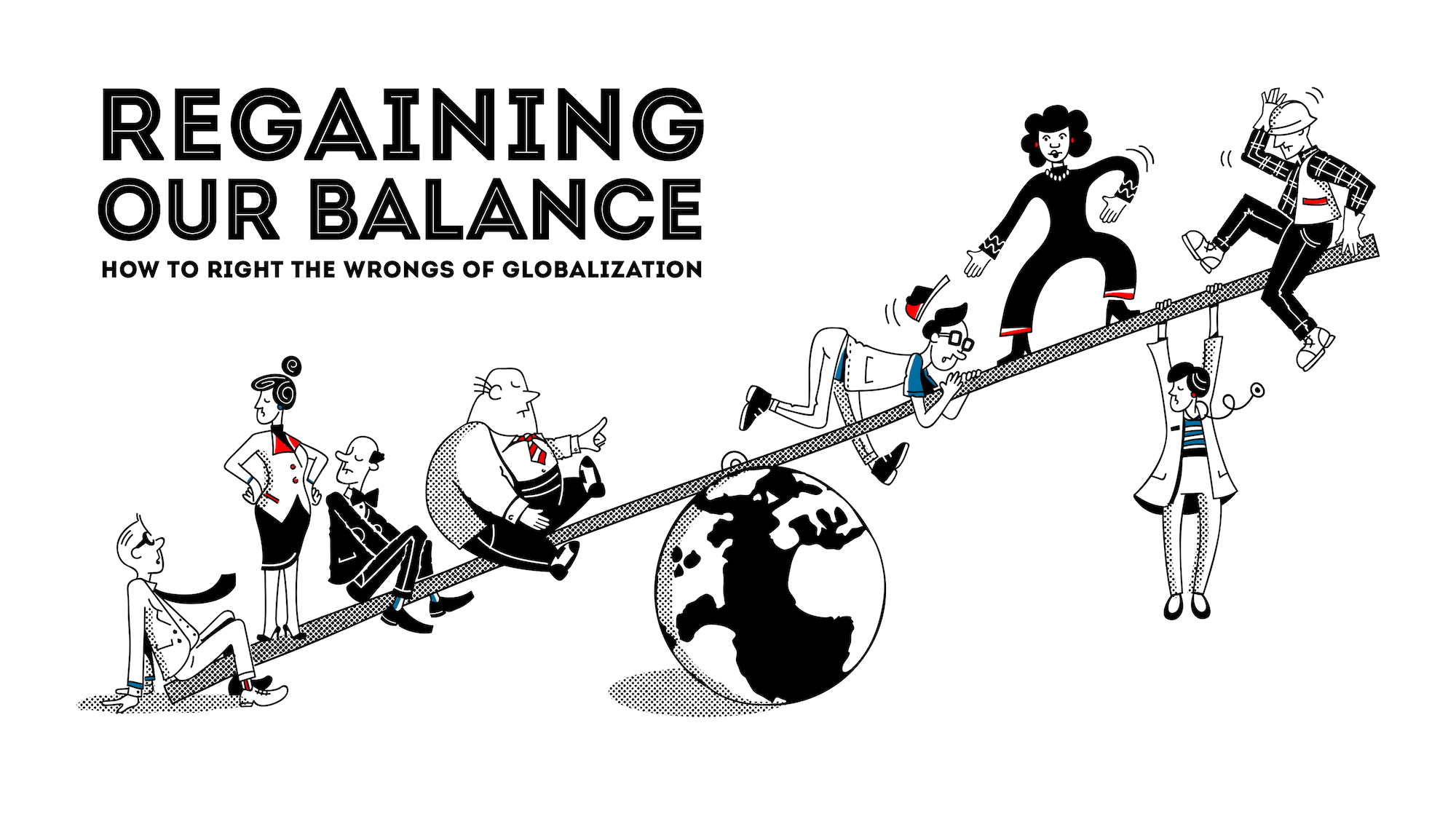

Dear Speaker Johnson, Leader Jeffries, Leader Schumer, and Leader McConnell:
As the FY2024 National Defense Authorization Act (NDAA) moves through conference committee, we write to urge Congress’s support for security-related restrictions on outbound investment of American capital to the People’s Republic of China (PRC). Many outbound investments into China are jeopardizing our national security by accelerating sensitive dual civilian and military technology development for the PRC, thereby strengthening its military, intelligence, surveillance, and security capabilities.
Some in Congress incorrectly argue that restricting such investments will impede the economic growth produced by adhering to free market principles. House Financial Services Chairman Patrick McHenry, for example, has argued that “If we oppose China’s state-run economy, we want more private investment—not less. Of those private investors, we want more of them to be Americans—not fewer. And if we are truly concerned by China’s technology companies, we want as many Americans as possible steering them, spreading Western standards, and complying with U.S. laws.”
This argument does not apply to a state-controlled economy like China’s, where businesses succeed only at the pleasure of the Chinese Communist Party (CCP).1https://americancompass.org/halting-investment-in-china/ We regularly observe how the PRC cajoles American businesses into advancing CCP interests and values, from Hollywood studios and professional sports leagues preserving their market access by self-censoring, to major American companies promising to uphold “core socialist values.”2https://www.foxbusiness.com/technology/tesla-commits-promoting-core-socialist-values-pledge-chinese-auto-companies It is both unwise and unconscionable to finance the capabilities of an adversary hostile to American interests and values.
Recognition of the risks associated with U.S. investment flowing to the PRC is growing. In his letter of August 3, 2023, Chairman Mike Gallagher of the Select Committee on the Strategic Competition between the United States and the Chinese Communist Party warned that much of the more than $1 trillion that the U.S. invests in the PRC through public markets “directly finances PRC technology companies with documented connections to the Chinese military and the Chinese Community Party’s (CCP) abhorrent human rights abuses.”3https://d1e00ek4ebabms.cloudfront.net/production/uploaded-files/Letter%20on%20Outbound%20Investment%20Executive%20Order%20(1)-217afaea-9782-4ff9-ac4b-d51b5ef62cbe.pdf President Biden’s recent Executive Order 14105 of August 9, 2023 purports to speak to this concern, as do numerous legislative proposals. On July 25, 2023, the Senate voted 91–6 to include in the FY24 NDAA the Outbound Investment Transparency Act, which would require notification of U.S. investments in key industries in foreign countries of concern.
Congress must establish sensible restrictions on U.S. capital flowing to sensitive industries and technologies in China. As a starting point, the FY24 NDAA must maintain the Senate’s approach of establishing a disclosure and transparency regime for high-tech investments. Building on that foundation with meaningful restrictions in further critical technology sectors would be an even better outcome for American national security.
Nor should Congress accept any attempt to substitute sanctions for outbound investment screening. Opponents of meaningful restrictions on outbound investment into China have argued that additional sanctions authorities are an acceptable alternative, despite the continuing lax enforcement of even mandatory sanctions towards China. While we strongly support enhancing and more sensibly harmonizing the U.S. sanctions regime, sanctions alone are piecemeal and backwards-looking, rather than comprehensive and preventative. Predictability, efficiency, and efficacy all favor broad, robust prohibitions as the default. Specifically, the Committee-passed Chinese Military and Surveillance Company Sanctions Act should not replace the Outbound Investment Transparency Act.
Congress cannot allow American investment—including the investment of millions of average Americans’ retirement funds4https://www.wsj.com/articles/blackrock-msci-face-congressional-probes-for-facilitating-china-investments-2147ce2c—to bankroll threats to America’s national security, the erosion of America’s technological edge, and the violation of our nation’s essential commitments to freedom and human dignity. Congress works for the American people, not Wall Street.5https://www.dailysignal.com/2023/10/20/were-in-a-new-cold-war-with-china-its-time-our-politicians-acted-like-it/ As the FY24 NDAA is finalized, it must retain the Outbound Investment Transparency Act.
Sincerely,
Chris Griswold
Policy Director
American Compass
Victoria Coates
Vice President
Davis Institute for National Security and Foreign Policy
The Heritage Foundation
Thomas J. Duesterberg*
Senior Fellow
Hudson Institute
Joseph Miller
Executive Director
Citizens for Renewing America
Michael A. Needham
Executive Director
America2100
Jon Toomey
Senior VP of Government Relations
Coalition for a Prosperous America
The Honorable Steve Yates
China Policy Initiative
America First Policy Institute
*Affiliation provided for identification purposes only.
Recommended Reading
A Hard Break from China
Protecting the American Market from Subversion by the CCP
Regaining Our Balance
How to Right the Wrongs of Globalization
Policy Brief: End “Permanent Normal Trade Relations” with China
Reclaiming control of U.S. trade policy
Where’s the Growth?
The era of globalization has coincided closely with the onset of precisely those problems that a clear-eyed analyst might have predicted and delivered outcomes contrary to the ones its ideologues envisioned.













